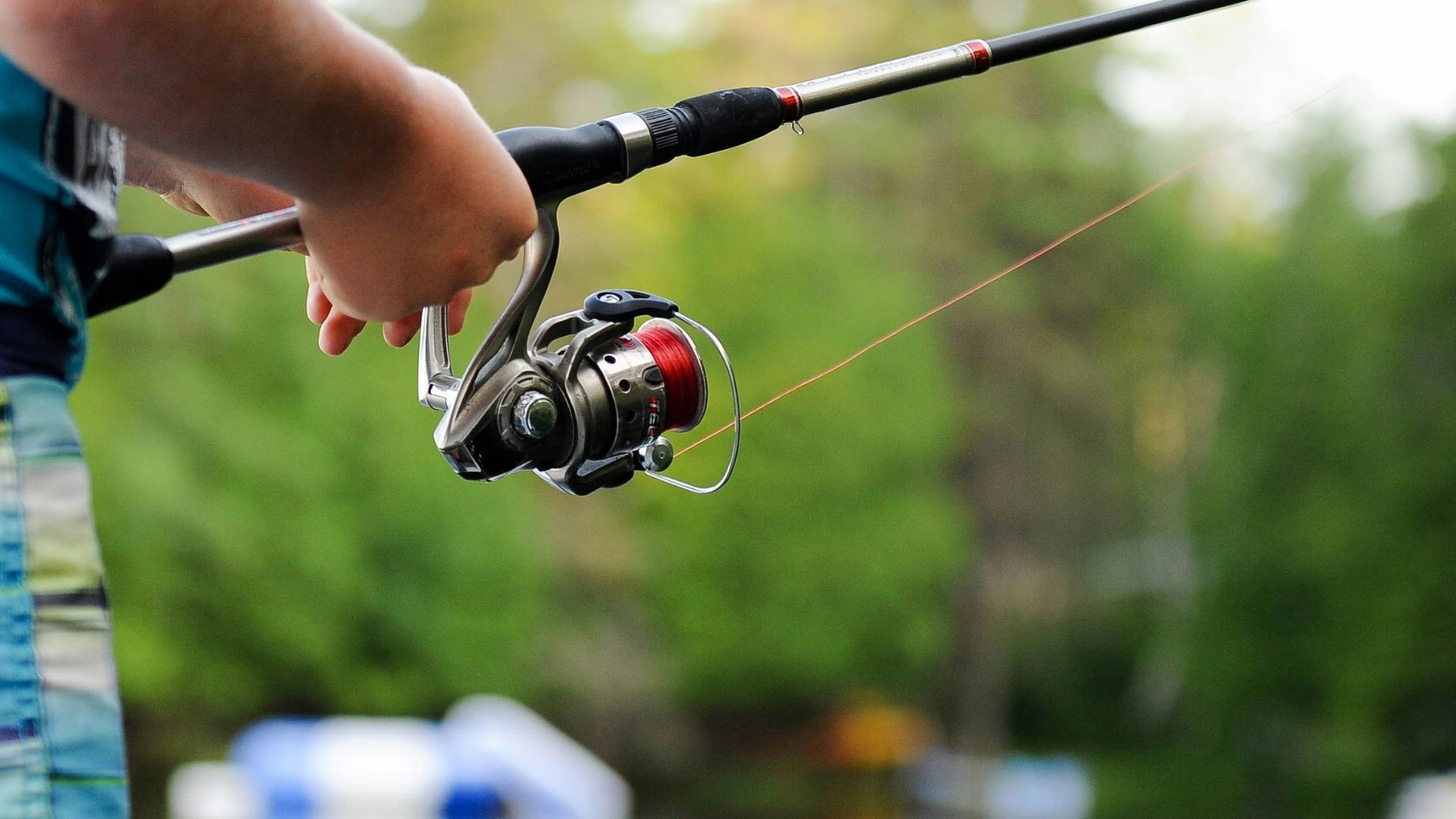Tariffs Claim Another Company as Oldest Outdoor Brand Shuts Down Half of Stores


Orvis, America’s oldest outdoor retailer, is scaling back after more than a century in business. The Vermont brand, known for its fly-fishing gear, plans to close nearly half of its stores across the country. Tariffs and higher costs have hit the company hard, prompting a rethink of its sales strategy. Even after the cuts, Orvis says it’s sticking to what it knows best in fly fishing, outdoor gear, and conservation.
Orvis Faces Major Store Closures

Orvis, a Vermont outfitter with a 169-year legacy, plans to close 36 U.S. stores by early 2026. That’s nearly half of its locations. The company blames higher tariffs and rising costs for the decision. The move will leave 35 stores open as Orvis looks to stabilize operations. It’s a major shift for a brand that has long served outdoor enthusiasts and travelers who trusted its gear for generations.
Long History of a Vermont Retail Pioneer

Founded in 1856, Orvis began as a small mail-order business in Vermont and grew into one of the country’s most recognized outdoor brands. It’s seen everything from wars to market shifts and still managed to stay part of American outdoor life. The company built its name on fly-fishing gear, outdoor wear, and a passion for nature. So after more than a century, Orvis remains a familiar name to anyone who loves life outdoors.
Tariffs Drive Rising Costs for Retailers

Tariffs have hit outdoor retailers hard, and Orvis isn’t the only one feeling it. The company says higher import costs on materials and finished goods made it harder to keep prices steady. So when tariffs rose, profit margins fell, and smaller retailers started closing their doors. Orvis called the trade situation unprecedented, saying it forced some difficult choices. The higher costs have changed how many outdoor brands think about what they sell and where they make it.
Local Economies Feel the Strain

Communities that rely on Orvis stores are bracing for change. Many towns count on the brand to bring visitors, support local shops, and keep jobs steady. So when doors close, it affects more than just the company. Fewer customers mean slower days for nearby cafes, outfitters, and hotels. Some areas may lose that sense of connection built around fishing classes or outdoor gatherings that Orvis helped create for decades.
Outdoor Retailers Confront Changing Habits

Outdoor shopping isn’t what it used to be. More people now buy gear online, so many stores are trying to adapt. Some brands have merged, while others rely on e-commerce and wholesale deals to stay competitive. Orvis also felt that shift, adjusting how it reaches customers who still love its products. The outdoor retail scene keeps moving fast, and companies are working to meet shoppers where they are instead of where they used to be.
Company Restructures and Cuts Workforce

Orvis started cutting costs last year to steady its business. It ended its long-running print catalog and reduced staff by about 8%, which meant more than 100 employees. A few months later, another round of layoffs followed, tied to tariff pressure. The company also adjusted how it operates to keep things leaner. So even with fewer workers, Orvis says it plans to focus on areas that keep its outdoor gear and experiences moving forward.
Focus Returns to Fly Fishing and Conservation

Orvis plans to stick closer to its roots. The company says it will focus on fly fishing and wingshooting, the activities that first built its name. It’s also putting money into conservation and outdoor experiences that bring people closer to nature. So even with fewer stores, the brand wants to keep that same spirit alive. The goal is to remind longtime customers why they trusted Orvis gear on the water and in the field.
Outdoor Industry Faces an Uncertain Future

Many longtime brands are starting to feel the same pressure that hit Orvis. Tariffs keep driving costs higher, and some retailers are rethinking how they’ll survive. So for customers, fewer stores could mean fewer community spaces that once brought outdoor enthusiasts together. Online sales help, but many shoppers still prefer real conversations and gear advice in person. The future of outdoor retail now depends on how companies adapt to changing habits and unpredictable trade conditions.
Looking Ahead for Outdoor Retail

Orvis continues to move forward with new plans for how it connects with customers. The company will continue to sell its gear through partner stores and online, keeping it within reach for outdoor enthusiasts. Many loyal customers hope the next steps bring stability after a long run of changes. Even with fewer stores, Orvis still holds a trusted place in America’s outdoor tradition.